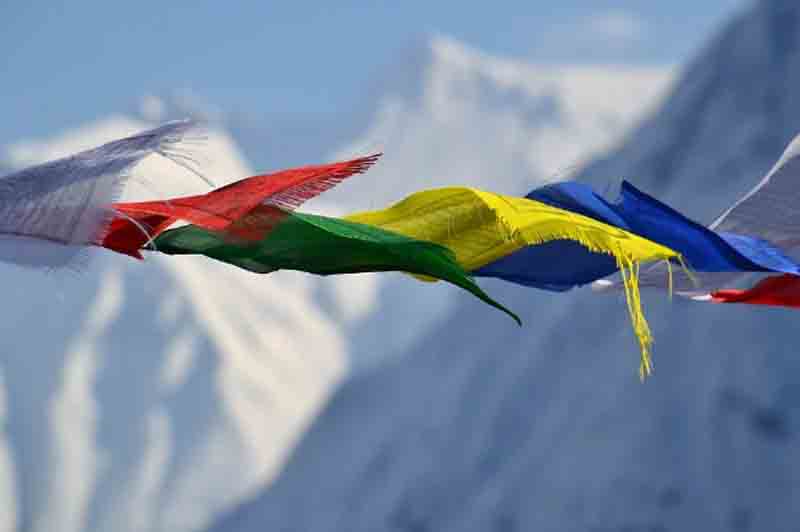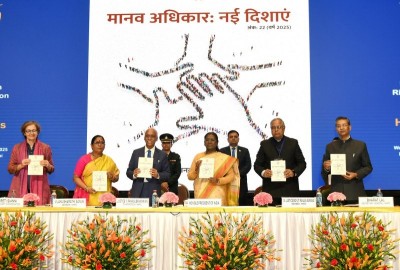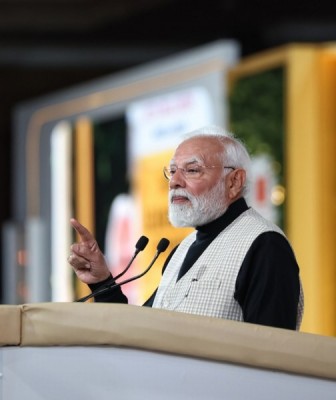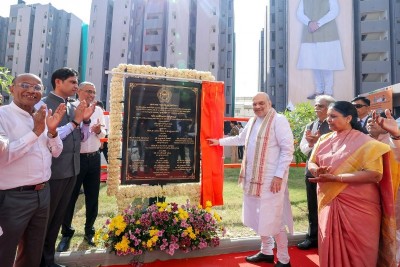 Nepal
Nepal
Political Volatility
In a big blow to Prime Minister K. P. Sharma Oli on June 22, 2021, the Supreme Court (SC) quashed the appointments of 20 Ministers, including 17 Cabinet Ministers and three Ministers of State, citing Article 77 (3) of the Constitution. The SC order declared,
The appointments of June 4 and 10 by the President on the recommendation of the Cabinet are against the intent and spirit of the constitution. An interim order has been issued not to allow the ministers to perform their duties until the case is finalized.
On June 4, Prime Minister Oli had appointed 10 Cabinet Ministers and two Ministers of State. On June 10, he added another seven Cabinet Ministers and one Minister of State to his Council of Ministers.
On June 7, 2021, six individuals, including Senior Advocate Tripathi, and Advocates Raj Kumar Suwal, Shalikram Sapkota, Kanchan Krishna Neupane, Birendra Prasad Sah and Sitadevi Shrestha had filed the writs demanding that the Cabinet expansions by the Caretaker Government be quashed.
On May 21, 2021, President Bidya Devi Bhandari dissolved the House of Representatives on the recommendation of the Oli Cabinet. President Bhandari also announced that mid-term elections would be held on November 12 and 19, 2021, a year ahead of schedule.
Expectedly, on May 24, 2021, 146 lawmakers filed a writ petition in the Supreme Court, demanding reinstatement of the House of Representatives. These included 61 Members of Parliament from the Nepali Congress (NC), 49 from the Communist Party of Nepal-Maoist Centre (CPN-Maoist Centre), 23 from the Madhav Kumar Nepal faction of the Communist Party of Nepal-Unified Marxist–Leninist (CPN-UML), 12 from the Upendra Yadav-Baburam Bhattarai of the Janata Samajbadi Party (JSP) and one from Rastriya Janamorcha Nepal (RJN).
Opposition parties filed as many 30 writ petitions against the President’s move, arguing that the dissolution of the House of Representatives was against the Constitution. Out of 30 writs, 19 were filed seeking an interim order on the dissolution of the House of Representatives, while 11 writ petitions were filed demanding that the writs should be heard through the Constitutional Bench.
On May 27, 2021, Supreme Court Chief Justice Cholendra Shumsher Rana announced that the Constitution Bench of the Court would decide the fate of the 30 petitions against President Bidya Bhandari’s dissolution of the House of Representatives. Finally, on June 23, 2021, the Court started hearings on the writ petitions.
Significantly, the House of Representatives was first dissolved on December 20, 2020, by President Bhandari, endorsing the Oli Government’s recommendation. The President also approved the Cabinet’s recommendation for holding general elections on April 30 and May 10, 2021. Expectedly, on December 21, 2020, 11 writ petitions were filed in the Supreme Court, challenging the dissolution of the House of Representatives, even as the entire opposition came out on the streets.
In a landmark verdict on February 23, 2021, the constitutional bench of the Supreme Court reinstated the House of Representatives. The Apex Court termed Prime Minister Oli’s decision to dissolve the House of Representatives unconstitutional and invalidated all decisions related to the dissolution of the House. The Court also ordered the Government to summon a session of the House within 13 days.
On March 1, 2021, President Bidya Devi Bhandari summoned the first meeting of the House of Representatives. The President called for the commencement of the House of Representatives on the recommendation of the Government of Nepal, pursuant to Article 93 (1) of the Constitution.
The Nepal Communist Party (NCP) which had come into existence after the merger of CPN-UML and the CPN-Maoist Centre on May 17, 2018, suffered a vertical split on December 22, 2020, almost 31 months after the merger. On March 7, 2021, the Supreme Court, invalidated the merger of the two parties, even as the internal rift within CPN-UML deepened.
On May 5, 2021, CPN-Maoist Centre withdrew its support to the Oli-led Government. Expectedly, on May 10, the Oli Government failed to secure the confidence of the Parliament during a vote held in the House of Representatives. Oli even lost the support of many CPN-UML lawmakers, who were siding with Madhav Kumar Nepal. On the same day, May 10, President Bhandari invited any political party leader who could garner a majority vote in Parliament, with the support of two or more parties, to stake a claim to the post of Prime Minister as per Article 76(2) of the Constitution. Issuing a notice in the evening of May 10, President Bhandari asked any such Member of Parliament to stake a claim by 9 pm on May 13. Constitutional provisions required such a candidate to submit signatures of a majority of lawmakers belonging to two or more political parties in Parliament, to the Office of President within the stipulated time. As no one could muster the requisite support, the President reappointed Oli as Prime Minister on May 13. Again, on May 20, President Bhandari called on parties to stake claims to Government formation, according to Article 76 (5), on May 21. However, as the meeting ended in a stalemate, the Cabinet recommended dissolution of the House of Representatives.
The intra-party crisis is not only visible in the mainstream communist parties, but also in groups involved in violence. The Netra Bikram Chand aka Biplav-led Communist Party of Nepal-Maoist (CPN-Maoist-Chand) which reached a three-point agreement with the incumbent Government on March 4, 2021, has already seen divisions within the group. On May 1, 2021, CPN-Maoist-Chand split after politburo member Krishna Prasad Dhamala aka Gambhir revolted to form a new party, the Jana Samajwadi Manch-Nepal (JSM-N). Meanwhile, three months after signing the deal with the Government, in an interview with Himalaya TV broadcast on June 2, 2021, Chand declared that his party was not yet into peaceful politics:
We did not say that we came to peaceful politics. It was just that we were ready to present our opinions peacefully. I think we should not classify politics as peaceful and violent. This understanding is erroneous. While underground also, we were in peaceful politics.
This entire political chaos in the country started in April 2020 when differences between the two Co-chairs of the then NCP – Oli and Pushpa Kamal Dahal – started escalating. Since then, the environment of unease, with protests – some of them violent – failed to de-escalate.
The prolonged political problem in Nepal has not only increased political instability in the country but also has created a rising potential for escalation to violence as a result of possible action by opportunistic formations such as the Chand group.
Support Our Journalism
We cannot do without you.. your contribution supports unbiased journalism
IBNS is not driven by any ism- not wokeism, not racism, not skewed secularism, not hyper right-wing or left liberal ideals, nor by any hardline religious beliefs or hyper nationalism. We want to serve you good old objective news, as they are. We do not judge or preach. We let people decide for themselves. We only try to present factual and well-sourced news.







